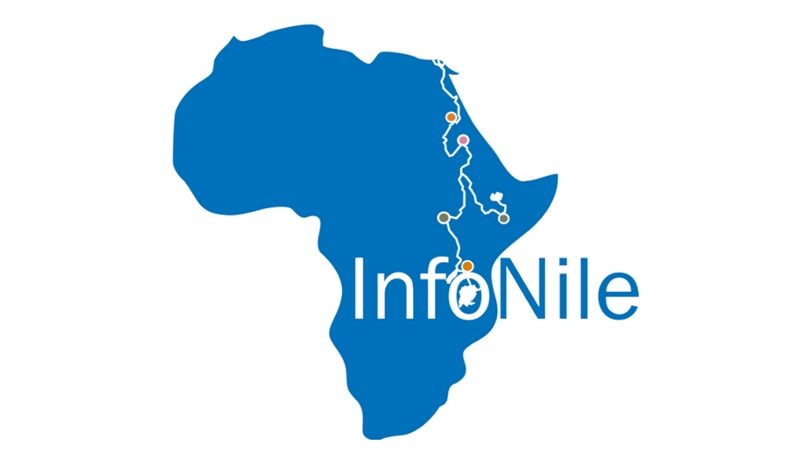Deadline: December 19, 2018
InfoNile is seeking applications for Reporting Grants focused on issues of land grabs in the Nile Basin as part of a project funded by the Pulitzer Center. They invite freelancers and staff journalists in Kenya, Ethiopia, Sudan, South Sudan and Egypt to submit proposals for in-depth investigative multimedia journalism stories on land grabs in the Nile Basin. These stories are part of a series of stories on land grabs funded by the Pulitzer Center and will also feed into a final data journalism project published internationally.
Story pitches should focus on one or more instances of “land grabbing” in the journalist’s country. In recent decades, there has been an increase in the taking of land in the Nile basin by foreign governments and agribusiness firms to establish large-scale agribusiness investments. Investors from countries including Saudi Arabia, South Korea, China and India are acquiring fertile and fragile chunks of Nile-irrigated land including wetlands to produce rice, maize and other products that they ship back home.
What is worrying is that these industrial agriculture projects consume massive amounts of water, straining the Nile’s natural withdraw limits and worsening international water conflicts. They also displace thousands of people with little compensation.
About
InfoNile is a geojournalism platform mapping data on water issues in the Nile River basin of Africa with journalism stories to promote transboundary peace. It aggregates citizen, local and international reporting on the various dimensions of water issues in the Nile Basin, ranging from the environmental and sociocultural to the economic and political. InfoNile’s major content partner is Water Journalists Africa, a network of about 700 journalists in Africa spread across some 50 countries that report on water. We also commission in-depth special projects on water to journalists reporting in the region.
These grants are supported generously by the Pulitzer Center.
Areas of Focus
Your story should focus on one or more of the land grabs listed in the data tables above that are located in your country. You should address the following questions:
- What is the history of the land grab? What was there before in the area, and how did the agribusiness project come to be?
- Who is the company/owner of the project and what is their background and reputation? Where else do they have projects and where are those products exported?
- Which crops or other products are produced? Where are they exported and how much are they worth?
- What are the local impacts of the specific land deals on the environment, economies, people and cultures of the areas where the investments are located?
- How much water are the projects consuming?
- How are the projects affecting local communities’ access to water?
- How are they affecting disputes over water sharing in the Nile basin?
- Are there any examples of successful initiatives where the benefits of “land grabs” by foreign companies are supporting and benefiting the local communities as well?
- Are there any examples of successful resistance initiatives by local communities that have resulted in more equitable sharing of resources?
The output should be a multimedia story incorporating text, video, photography, audio and data visualization/mapping.
Please note that if you receive the grant, you will get technical support with designing graphics, data visualization and mapping. However, you will be required to shoot video footage and interviews. If you do not have that expertise, please propose a videographer you can travel with who can collect footage.
Stories can be published in other languages but should also be translated into English.
Benefits
InfoNile will consider stipend requests for journalists, photographers and videographers. Expenses for travel, research and/or database access, and translation may also be covered.
Eligibility
- They are looking for stories that are extensive in content and depth, original, under-reported and critical.
- They expect budgets to not exceed $1,000 per proposal.
- Stories can be published in Arabic or Amharic but the writer is expected to submit a translated article that will be published by InfoNile in English.
Application
Please submit the following not later than 19 December 2018:
- A one page proposal outlining your story idea. Proposals should be clearly structured, stating briefly at the outset what the story idea is, followed by how and where the story will be researched, what it aims to reveal or contribute, where you will publish (specific media organizations), and the intended impact of the story. The proposal should also include a plan for incorporating data. Please note how you will use multimedia (video, photos, audio, and graphics along with text). You should also include a proposed budget.
- A resumé/CV;
- Two samples of published/broadcast work. Links to the published stories are also are accepted.
- Letter of support from your editor, stating that your media house/s will publish / telecast / broadcast your story.
Applications can only be submitted via [email protected].
For more information, visit InfoNile Reporting Grants.

